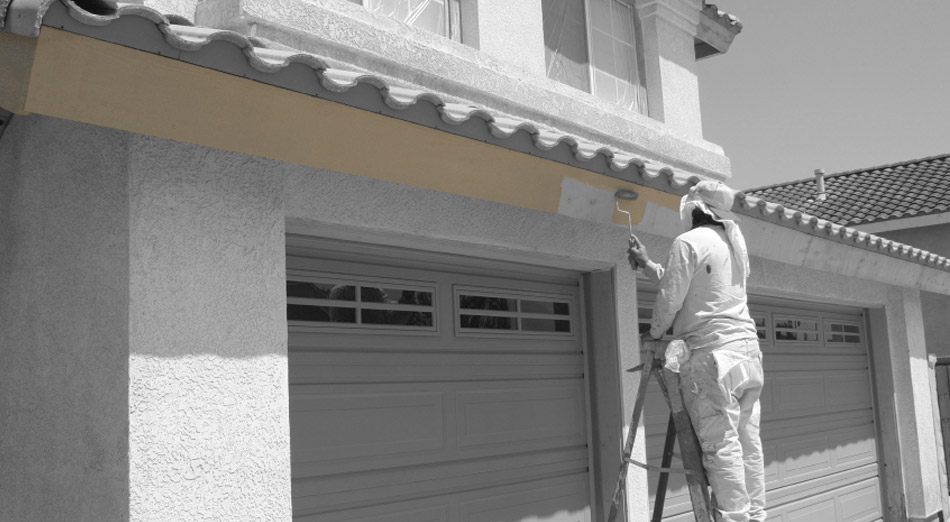
Florida Title Company on Property Flipping Ban
As a Florida title company working with realtors, mortgage lenders, buyers and sellers, we need to stay up-to-date with laws and policies that affect real estate transactions.
One such law is the Federal Housing Administration’s (FHA) ban on property flipping. In this post, we’ll look at the purpose of this restriction, and how it affects the real estate market.
What is Property Flipping?
Property flipping is the practice whereby an investor buys a home and then resells it for a higher price not long after purchasing it. Typically, the house is in poor shape when it’s bought; the investor renovates it, reselling it at a higher price that reflects its increased value.
This is a well-known and legal practice in the real estate world, but it can be problematic. For instance, if the renovations are minimal, or merely cosmetic, then the inflated price may not reflect the property’s actual value. This is when property flipping becomes an illegal activity: the investor will have to get a fraudulent appraisal that overvalues the renovations done to the home.
Unfortunately, many inexperienced or first-time buyers will be duped by these superficial improvements and purchase a subpar property at an exorbitant price.
The Ban on Property Flipping
In 2003, the US Department of Housing and Urban Development (HUD) issued the rule against property flipping as part of its Single Family Mortgage Insurance Program. The program was intended to lower the mortgage costs for low-and moderate-income families, helping them to become homeowners.
The insurance protects FHA-approved mortgage lenders against loan defaults on mortgages for certain kinds of properties – namely single-family and multifamily properties, manufactured homes, and some health-related facilities. For the families in need, the program helps to reduce down payments, finance closing costs, and limit loan fees. The HUD also set limits on the value of the mortgage loan, ensuring that the program serves low- and moderate-income families.
The prohibition on property flipping, then, was an extra measure to protect these families from purchasing fraudulently appraised and overvalued homes. The rule is comprised of two parts:
- Properties resold within 90 days or less of the original purchase are not eligible for FHA mortgage loan insurance.
- If the property is sold within 91 to 180 days after purchase, the lender must produce a second appraisal from an independent appraiser. The FHA can establish a resale percentage threshold to deter dishonest lenders, investors, and appraisers. But, if lenders can show that the resale value is an accurate reflection of legitimate renovations, the mortgage can be approved for FHA loan insurance.
There are some exceptions to the ban; for instance, inherited properties, properties bought by an employer for relocation purchases, and properties for FHA-approved NPOs.
From 2010, the HUD issued a temporary waiver of these prohibitions under specific guidelines, encouraging growth and repairs in neighborhoods that were hit by the mortgage crisis. However, having deemed the crisis over, the HUD reissued the ban in January 2015.
How it Affects the Real Estate Market
This prohibition has affected the real estate market in some ways. By requiring investors to hold onto properties for 90 days before reselling, this may raise prices – investors will want to recoup the costs of the additional property taxes, as well as the cost of renovation. It may also encourage investors to simply sell to non FHA-financed families – preventing these low- and moderate-income buyers from attaining a house in the first place.
For more information about this and other important property-related laws, contact Florida Home Title Company right away and speak to one of our experienced real estate attorneys.






